Artist of the Year 2022: Jane Austen
In 2022, I read five novels of Jane Austen’s: Emma, Pride and Prejudice, Mansfield Park, Sense and Sensibility, and Persuasion. Upon completion of each book, I watched several adaptations of it.
Emma
Emma was the first novel chosen, to coincide with an already planned viewing of Clueless. This is also the cause of the one non-chronological viewing, as I was impatient to get started.
Clueless 1995
Enertaining for those who don’t know it’s based on Emma (as was the case for my first time watching), but even stronger for those that do. The Mrs. Elton analogue doesn’t get much time here as Mrs. Elton, but knowing her eventual fate makes all her scenes funnier.
Most of all, I like how playful the movie is about the prestige of literary reference: “tis a far far better thing doing stuff for other people”
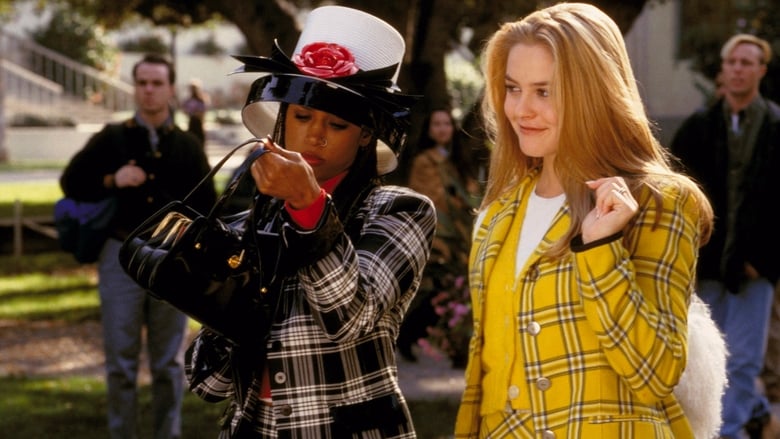
Emma 1996
Strikes me as overtly interested in faithfulness. To the period, which is perhaps the only reason to make Kate Beckinsale wear such an ugly hat. And to the material, with its being largely a vehicle for dialogue. It doesn’t do much with its visual elements other than perform faithfulness to the period, though some of that may be the made-for-TV scale/budget.
I appreciated the very explicitly funny Mr. Woodhouse, and how this version succeeds in making visible the staff who support the characters’ lifestyles (most notably in the scene of the dropped lounge chair).
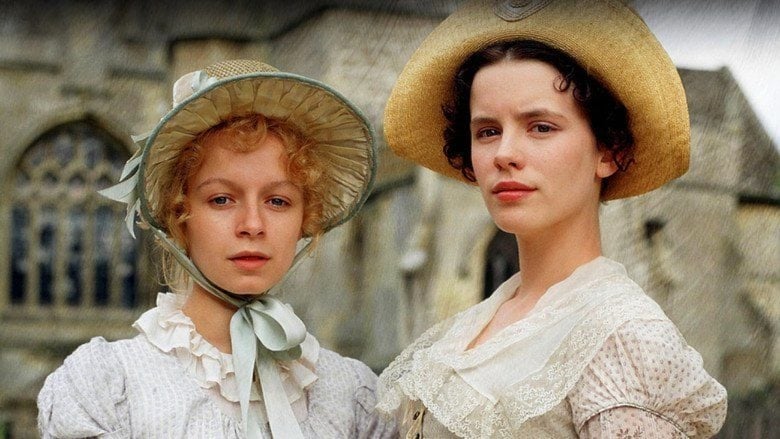
Emma 2009
Emma is insufficiently unpleasant here. While reading the novel, I complained to anyone who would listen of how terrible Emma Woodhouse was. This isn’t that same person.
The 4 hours is used to mixed results. It makes the development of the relationships feel more genuine, where in the shorter adaptations they’re unbelievable. But this runtime is padded with new material that doesn’t need to be there (such as Mr. Martin discussing “expansion” plans with Mr. Knightley). The audience need not witness everything.
Mr. Woodhouse is too serious.
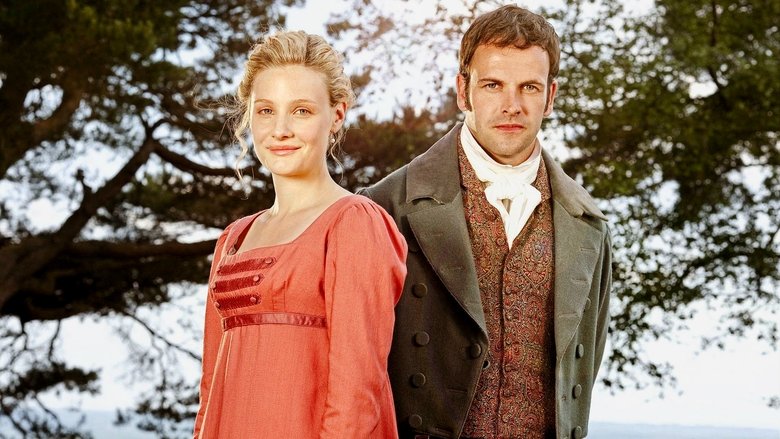
Emma. 2020
Emma as vibes. It’s remarkable how little dialogue is preserved in this version, resulting in relationships that I don’t quite buy. In fact, this entirely drops the Emma-Frank dynamic.
Watching the deleted scenes, there are a number of dialogue heavy scenes that were shot, but ultimately left out. This places a greater emphasis on physical acting (Joy in particular is great at expressing irritation in her face and hands), but leaves much of the plot unmotivated.
Gorgeous textiles everywhere. They cut out Mr Woodhouse’s best line (the shawl).
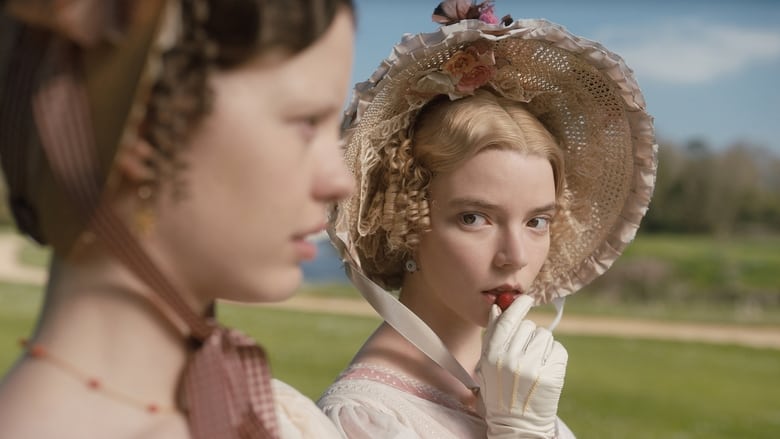
Emma. 2020
Rewatched with commentary by Autumn de Wille, Eleanor Catton, and Christopher Blauvelt
Also rewatched at home on my own TV, rather than my parents’. This helped me appreciate all the lovely textural detail in the costumes and settings much more.

Emma strikes me as the most adaptable of the novels, specifically because of its essential premise: a meddler, unable to comprehend the adoration near her, harmfully interferes in the love life of a protégé, and in the process of repairing the harm inflicted discovers her admirer. This is a generous summary, because I think Emma the character does nothing to redeem herself, but an identifiably-Emma adaptation could deliver on it. There’s nothing in that description that constrains time, geography, or characters (within limits). Clueless takes full advantage of that freedom, and is the better for it.
This novel had one of my favorite bits of dialogue by Austen, where Mr. Woodhouse insisted that the drawing of Harriet be given a shawl. This moment, and Mr. Woodhouse’s treatment more broadly, is an interesting dividing line between those that find, or inject, humor into the work and those that don’t. The text itself, to me as an unsophisticated reader, is ambiguous as to whether Mr. Woodhouse is to be laughed at, or laughed with, or somberly pitied. And the adaptations cover that whole spectrum, with the Kate Beckinsale 1996 version being the most outwardly comedic, and the 2009 BBC version conversely being far more sober. The 2020 version falls somewhere in the middle, closer to comedy, with Bill Nighy basically playing Bill Nighy.
The consequences of duration are visible in the treatment of Frank Churchill. The novel took me around eight hours to read, including introductions and footnotes. The longest screen adaptation I saw was four hours (2009), and the rest were at most two hours. Frank Churchill is characterized by absence in the novel. Characters long to meet him. They believe he’s going to appear, and then he doesn’t. Finally he does, but then has to abruptly leave again. With only two hours to play with, he’s left in a weird place: of either not being the enticing outsider, or not having much time to be much of anything. In light of this, it makes sense why the 2020 adaptation opts for the latter, reserving the rest of its time for the remaining characters.
Pride and Prejudice
I had to make some curatorial decisions with Pride and Prejudice. I ultimately decided not to include Pride and Prejudice and Zombies (both novel and film), as I considered the novel a different kind of work than an adaptation.
At the recommendation of a friend, I also attempted to watch The Lizzie Bennet Diaries, an award-winning 2012 web series. I had to stop after a few episodes, as I’ve never been fond of the vlog form, and this series seemed to rely upon both a familiarity with form conventions, also also an interest in the form at all. It admittedly feels a bit pompous to write off all vlogs, but I’ve never found genuine vlog stars or streamers compelling, and the performative intimacy is off-putting.
Pride and Prejudice 1940
2/3rds of a good movie. After that point, the movie excises, collapses, and rewrites a lot of plot points that ultimately harm the overall story. Lizzy falls in love for basically no reason, Darcy learns nothing. Rejecting faithfulness is fine so long as you actually improve something other than runtime.
Mary benefits quite a bit from being on the screen. We see/hear her remarkably little in the text. Being on the screen lets us indulge in the way she is where narration falls short.
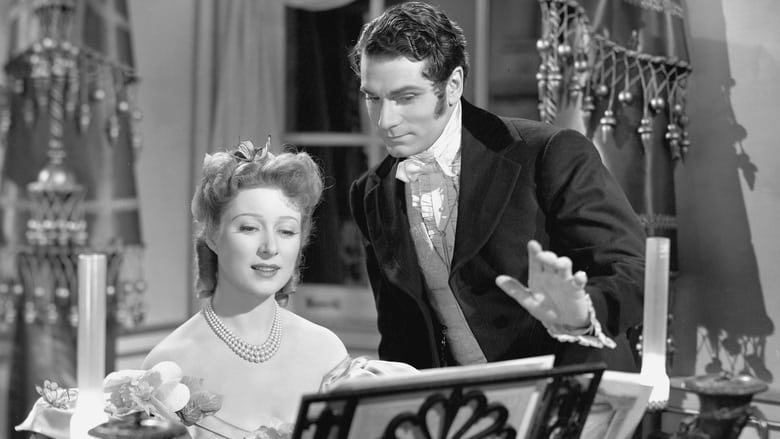
Pride and Prejudice 1995
Perhaps the best example I know of a “videobook”. While there are some bits removed, and others added, this is basically a book-on-screen. The book is also low on physical action, so being visible on screen largely means embodying the narration in setting, but all action in the book is dialogue, which translates directly into a series of close-ups.
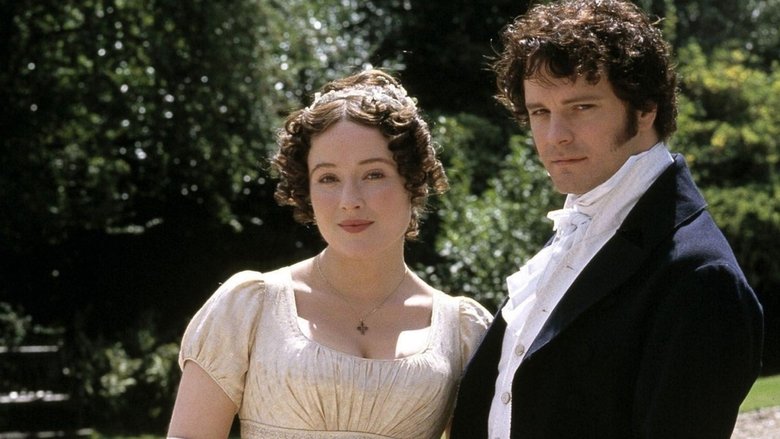
Bride & Prejudice 2004
Situating Darcy’s pride in the distinction between America and India is an interesting approach, but this doesn’t pull it off. His weird judgements just get forgotten without ever being resolved directly.
Lalita’s particular flavor of outspokenness is a great rendition of Lizzie in a modern context. Freed of most period propriety, she gets to deliver great barbs about “India without Indians” and America after 60 years “killing eachother over slavery”. The character implied by those lines isn’t the one on the screen, though.
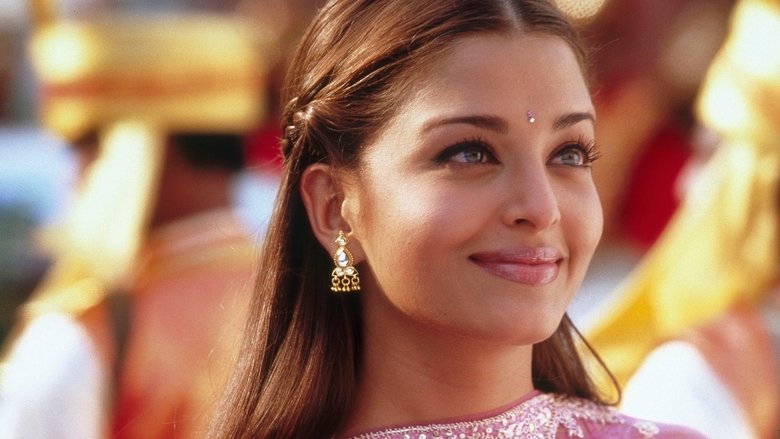
Pride & Prejudice 2005
Curious how this feels to people who didn’t read the book, as I find it moves through plot points with great speed. I didn’t mind, as I’m familiar with them, and it let the film focus on those it cared more about (without dropping important arcs).
Above all, the expressionistic details are what make me love this. The moment of isolation in the crowded ball. The muffled embarassing conversations of family. A sudden downpour upon learning an unfortunate truth. Day passing into night in a long glance at a mirror. The rapid passing of uneventful seasons on a swing.
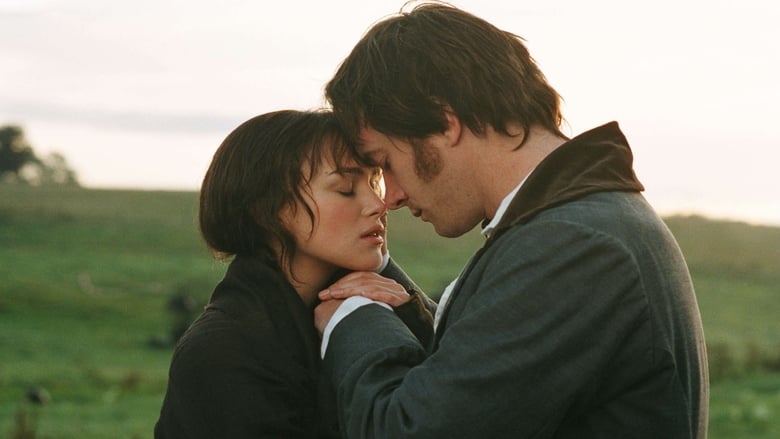
Fire Island 2022
This movie loses easily the best part of Pride & Prejudice: Elizabeth Bennet. Noah lacks the traits that made that character compelling. One example of many where contorting to fit the shape of the book harms the story (e.g. Dex’s alleged original offense).
If anything, Noah is far more of an Emma Whitehouse than Lizzy: a meddler, conceited not about his own (certain) attractiveness, but his cleverness.
It also doesn’t help that the movie feels excessively in dialogue with social media trends of today. One could hear the hash tag slip through characters’ lips before each online platitude.
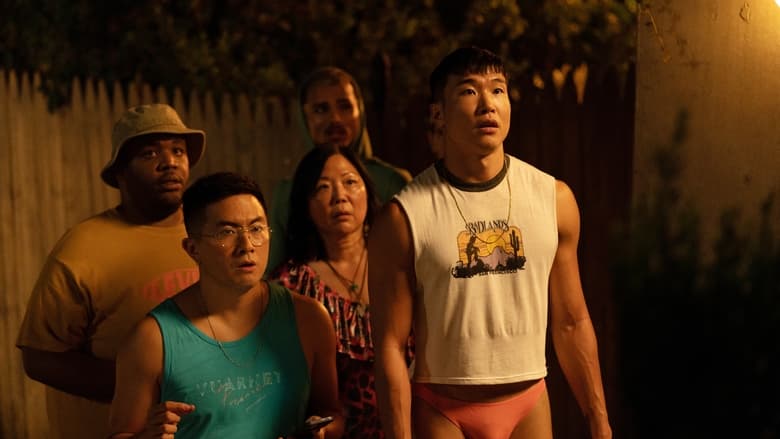
It’s impressive how well Elizabeth Bennet translates for modern readers. She demonstrates so many qualities that we now conventionally admire (independence, wit, adventurousness, an irreverence for propriety). Of the books I read, Elizabeth is unique among Austen’s protagonists for her modern attractiveness. This has posed a problem for adaptations of the other works, which have to rewrite, subtly or otherwise, the characters to align them with today’s sensibilities.
The novel worked for me most as a power fantasy. Of being able to flout the rules of society repeatedly, whether that be declining prudent marriages, or verbally dueling nobility, while suffering no ill consequences in the end.
Interlude
There was one omission from my choices of novels. I left Northanger Abbey off the list due to time concerns, deriving from my slow reading, and its relative lack of adaptations. I also didn’t read any of her juvenilia. This proved to be fortuitous, as it meant I got to experience Love & Friendship exclusively through the screen version, which helped me solidify some thoughts I’d later have about Sense and Sensibility and faithfulness.
Love & Friendship 2016
The humor in Jane Austen’s writing is typically of the smirking kind. Amusement rather than laughter.
Love & Friendship is different. It left me struggling to catch my breath multiple times. It’s noteworthy that, regardless of whoever wrote the dialogue (either Austen or Stillman), it’s the aural quality of the dialogue that gives it strength, something that would be a challenge in written form. Timing, overtalk, surprise. It’s easy to take the dimension of time for given.
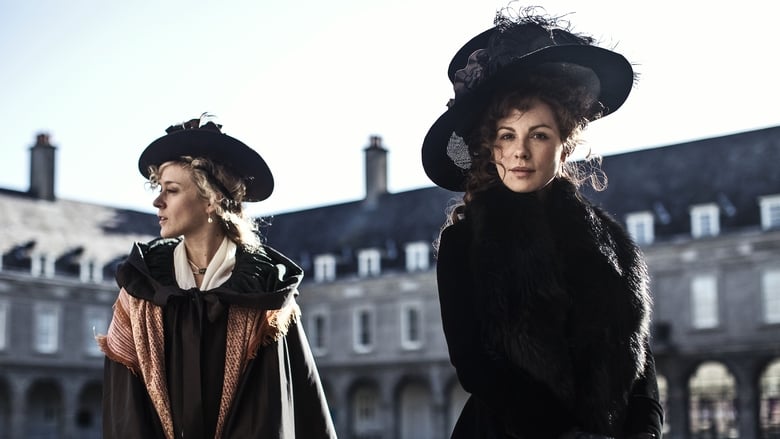
Mansfield Park
Mansfield Park 1999
The way the camera moved at the start was exciting and interesting. Once Fanny becomes an adult, the camera largely steadies itself, even though Fanny herself isn’t as settled.
Fanny is a weird superposition of two different characters rather than a blend. In moments, she’s the shy and careful observer. In others a bold outspoken writer. Which version she is depends on the needs of the particular scene, producing an incoherent portrait of a character I really liked and connected with in the novel.
Her acceptance of Mr. Crawford’s proposal is baffling and I can’t understand its purpose.
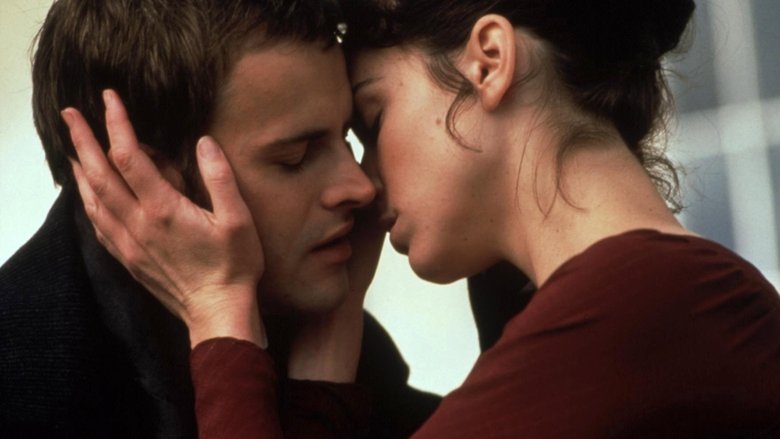
Mansfield Park 2007
The omission of Portsmouth was a great surprise in the moment, and may have been principally a cost matter, but I think it had artistic benefits. Very little of this focuses on the conflicted feelings of home, and so can better focus on the relationships at Mansfield.
This adaptation decenters Fanny a bit, which proved valuable for me. While present in the book, I hadn’t fully absorbed the conflicts of internal/external selves that occur throughout the story (particularly some choice lines from Edmund and Sir Thomas) for relationships that don’t involve Fanny. Due to the lack of the narrator’s perspective, it was easier for me to see them everywhere.
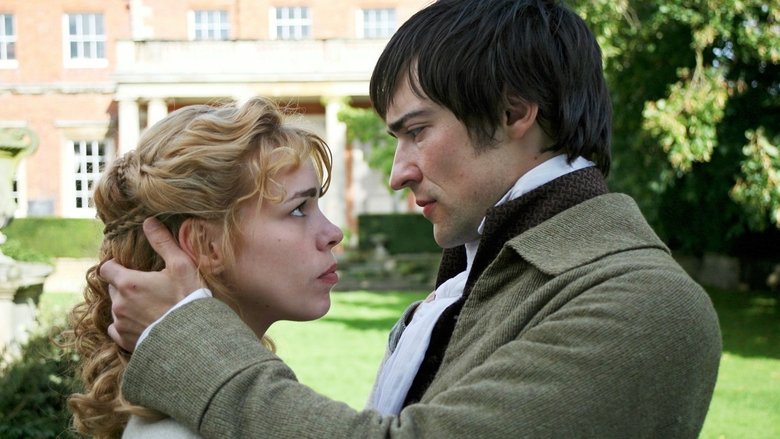
Far and away my favorite of Austen’s novels, which is a frustrating affinity given it’s relative lack of acclaim. Placing frequently at the bottom of rankings, even labeled skippable, it’s a missed opportunity for both readers and adapters. Metropolitan, a film inspired by the novel, has a character mock it since “nothing happens” and because it’s hard to imagine a central conflict about whether or not some young people should put on a play.
I’ll confess that the specific morals of Mr. Bertram felt very alien, and I’m also not pleased with the seemingly egalitarian implication that wealth and status have no bearing on strength of character and morality, but that those qualities are essential things that one is either born with (as Fanny and her youngest sister are) or not (as the Crawfords or the rest of Fanny’s family). Despite it’s weird worldview, Fanny, with her convictions and strong will, is a delightful, rather than insipid1, character.
The material here seems well suited for the 90s-era literary-classic-to-teen-movie adaptation. The displacement corresponds well to moving from a familiar, if rough, high school to a posh distant one. It even gives some motivation for the putting on of a play, and the interference of a troublesome parent who finds it inappropriate. I don’t know how to make the marriage beats work, but I’m sure a screenwriter could do it.
Sense and Sensibility
Sense and Sensibility 1995
Marianne wins? This work is strange. We lose the interior voice of Elinor, hiding so many of her thoughts and feelings from us. Her “proper” behavior, rather than being strategic and calculated instead comes of as cold and repressed, which wasn’t my understanding of her character.
Then, Marianne is mocked less, and in fact given new lines and interactions that align the film’s world view with hers. Elinor’s open weeping in front of everyone. Colonel Brandon as the symmetrical rescuer. This has the appearance of being reverent, but is planting antithetical views into Austen’s mouth. I’m conflicted.
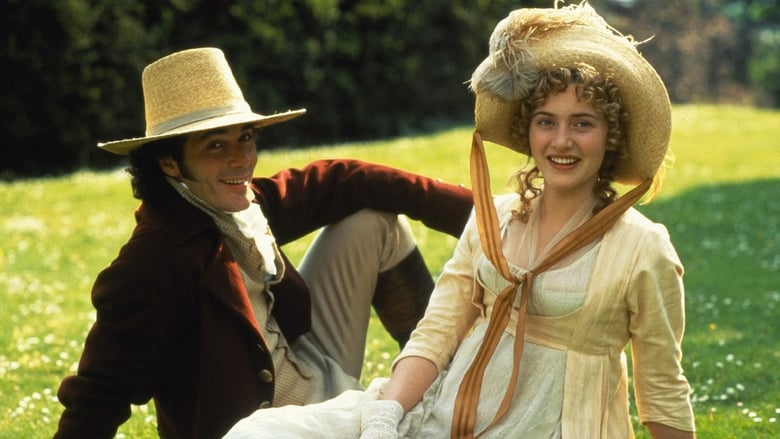
கண்டுகொண்டேன் கண்டுகொண்டேன் Kandukondain Kandukondain (2000)
The musical romance is a great genre for Sense and Sensibility. The song and dance (only sometimes diegetic) lets us glimpse into the minds of the characters, making up for the loss of narration. In this case, it’s mostly used for the characters that’re already most expressive (e.g. Meenu), where the book gave us access to the character who was otherwise careful not to reveal too much.
Impressive in how well it adheres to various plot beats (e.g. Willoughby’s debt) while not drawing attention to its reverence (or even provenance).

Sense and Sensibility 2008
Wastes its longer runtime spending far too much time with the various men in revised or newly invented scenes. The power of the duel confession is that it’s a confession, and we get to read Elinor’s reaction to it. Skipping her learning of that fact deprives the act of its main value.
Morahan performs Elinor with too open a “countenance”, in Austen’s words. We’re able to read her feelings too easily through her facial expressions, which is often desirable in film, but Elinor the character is rather defined by her deftness in navigating and compartmentalizing the internal/external.
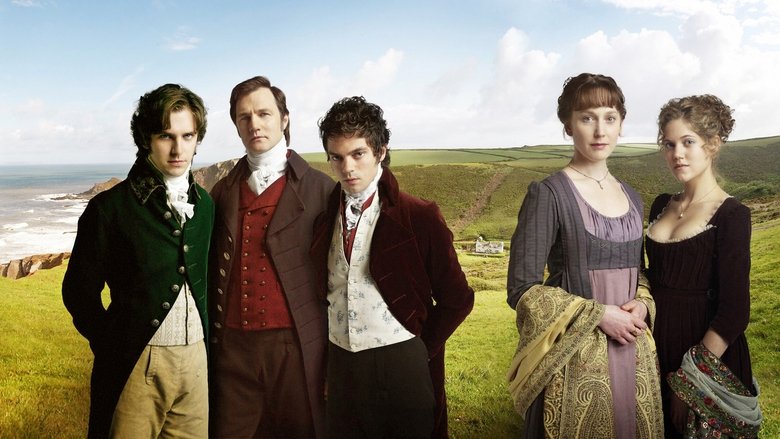
Persuasion
Persuasion 1995
Much more visually interesting than other BBC adaptations. A dolly zoom in a moment of shock. Sudden outbursts of handheld photography after Louisa falls. Humorous cutting when everyone is complaining at her. It works very well to inject some visual interest into an otherwise quite direct adapatation.
I’m surprised by the usage of lines from Austen’s original manuscript. I wasn’t fond of those parts myself, but I appreciate an adaptation that fully engages with all parts of its text.
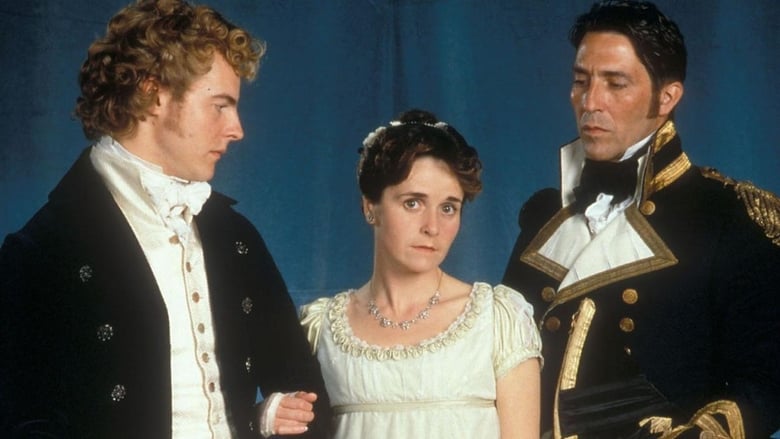
Persuasion 2007
Anne loses her shit for 90 minutes.
Characterization aside, this makes some poor structural changes. Severing the “constancy” conversation from Wentworth’s letter is inexcusable. Revealing that Wentworth has no interest in Louisa before showing us Anne believing him to be engaged is bizarre.
Hawkins’ looks to the camera are poorly motivated. What am I supposed to feel when they happen? What is the film saying?
Full of lots of weird framing choices. Conversations where the camera, too close, must pan to see who is speaking or being spoken to.
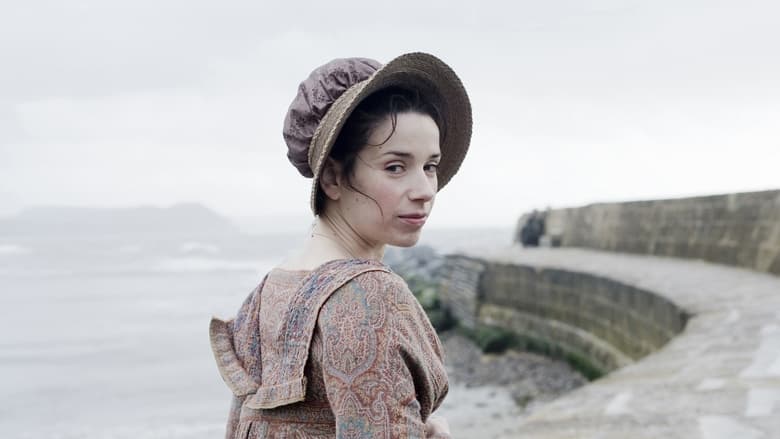
Persuasion 2022
The direct address is great, a step up from the 2007 adaptation’s meaningless glances. Johnson’s performance is fantastic. It’s just in pursuit of a character with inconsistent and irritating characterization.
There are at least three Annes, with seemingly conflicting dialogue, motivations, and relationships. I wouldn’t mind it if it were service of something. But this doesn’t even have the courtesy to be funny or interesting, despite amping up so many of the bits of already funny scenarios and interactions. As if it might’ve been too subtle, but I can’t hear anything over all this winking.
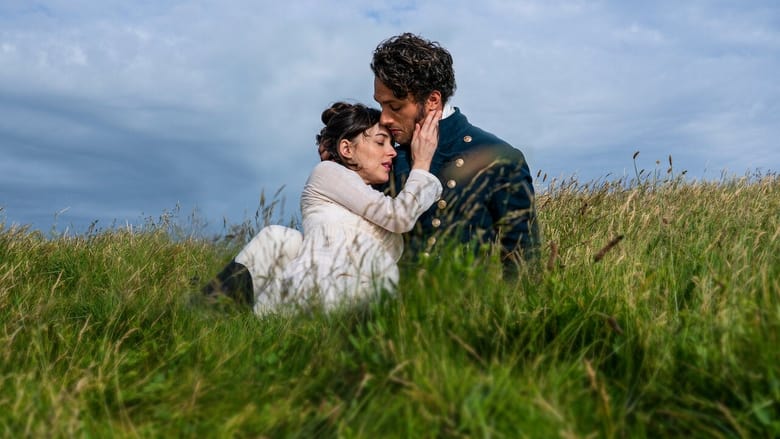
Persuasion appears to be the one genuine “period piece”, where the novel is set in a very specific moment of time in the past. In this case, it’s set during the Napoleonic Wars, shortly after Napoleon’s exile to Elba. A couple years had elapsed, and a whole other conflict with Napoleon had arisen, between the time Austen set the novel and when she started writing. This was done in in order to emphasize the navy’s contribution to the war effort. Considering Persuasion the one period piece then places the other books into a nebulous “contemporary” that only now we recognize as being of a “period” due to societal context (especially primogeniture and entail). I think there’s something interesting here about modern readers’/viewers’ relationship to Jane Austen’s moment in history.
Persuasion, like Mansfield Park and Sense and Sensibility, reveals the difficulty of portraying quiet characters on screen. The Persuasion adaptations here all try something to expose Anne’s interior space. The 1995 version uses (infrequent) camera motion, as well as comedic editing, to allow us to peer into her mind. The 2007 film uses a technique that the much maligned 2021 Persuasion upgrades significantly. Sally Hawkins periodically stares into the camera in a way that I found rather frustrating. Dakota Johnson’s direct address of the audience, in contrast, is conceptually an effective replacement for our missing narrator. It highlights both the extent to which her family largely ignores her, and produces the kind of intimacy that being embedded in her consciousness via narration did. Alas, the inconsistent characterization meant that even though the technique was sound, it failed.
Conclusion
This year’s project ended up being less about Jane Austen and more about the art of adaptation through the lens of Austen. That’s ok! “Artist of the Year” is more of a framework for structured thinking than anything else, and as long as I can trek down some interesting paths, I don’t really care where they take me.
One thing I missed this year was the feeling of “reaching”. The benefit of focusing on one director is that I get to watch the works that aren’t hits. For Jane Austen, while Mansfield Park isn’t a hit on the same level as Pride and Prejudice, it’s not exactly Our Blood Will Not Forgive. It’s easy to access. People know it. Jane Austen basically only has hits. It feels different to dedicate this much time to works that are all reknowned.
Next year I’ll focus on Spike Lee, and looking at his filmography, and watch stats on Letterboxd, there will be plenty of “reaching” there.
1 This was the claim made by Jane Austen’s mother
Other works cited
Cartmell, Deborah & Whelehan, Imelda. Adaptations: From text to screen, screen to text, 1999
Grant, Catherine. Recognizing Billy Budd in Beau Travail. Screen 43:1 Spring 2002
Leitch, Thomas. Film Adaptation & Its Discontents 2007
Leitch, Thomas. The Oxford Handbook of Adaptation Studies 2017
McFarlane, Brian. Novel to Film: An Introduction to the Theory of Adaptation, 1996
Said, Edward. Culture and Imperialism 1993
Stam, Robert. Beyond Fidelity: The Dialogics of Adaptation 2000
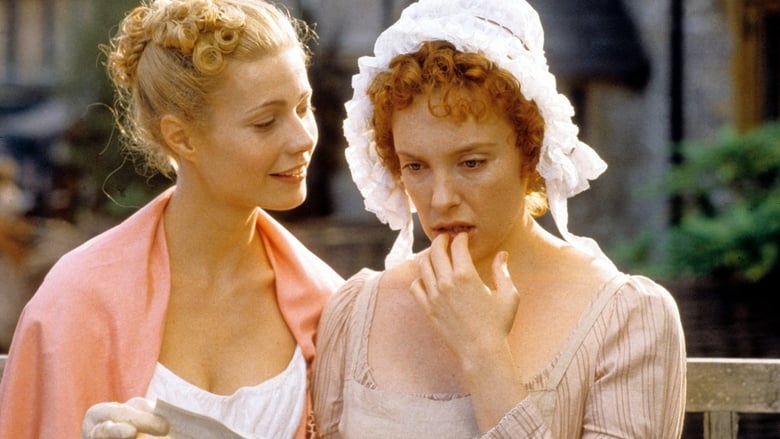
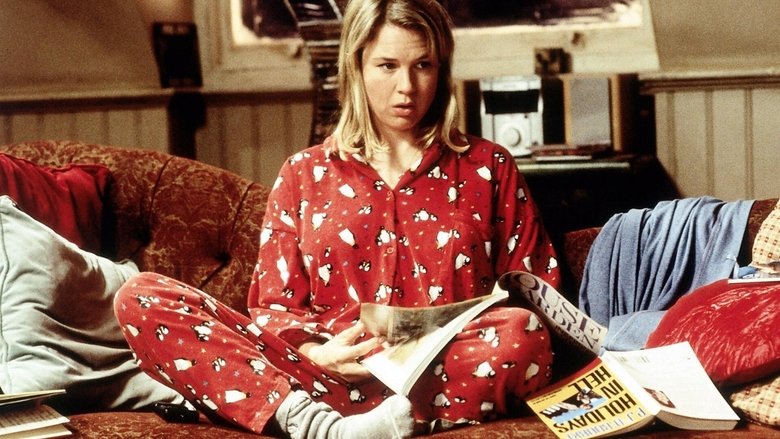
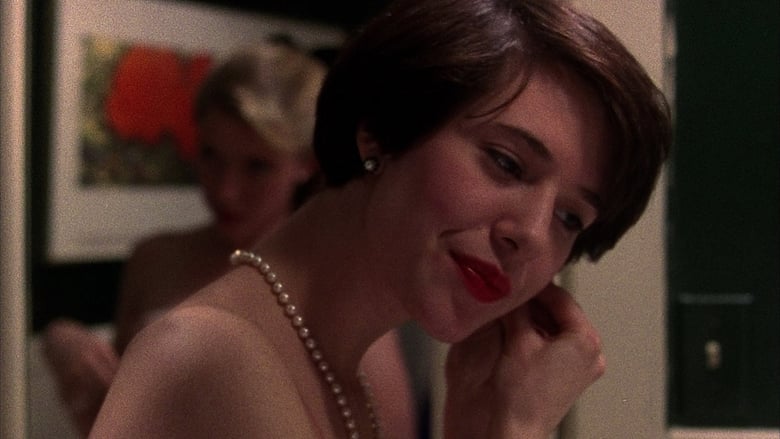
This has grown on me as I’ve watched more adaptations since. The middle part has some excellent editing. Both cutting as ellipsis to show the passage of time, in a way that would be a challenge in written form, as well as cutting for humor, to give us greater access to Emma’s interior thoughts without relying directly on voice over.